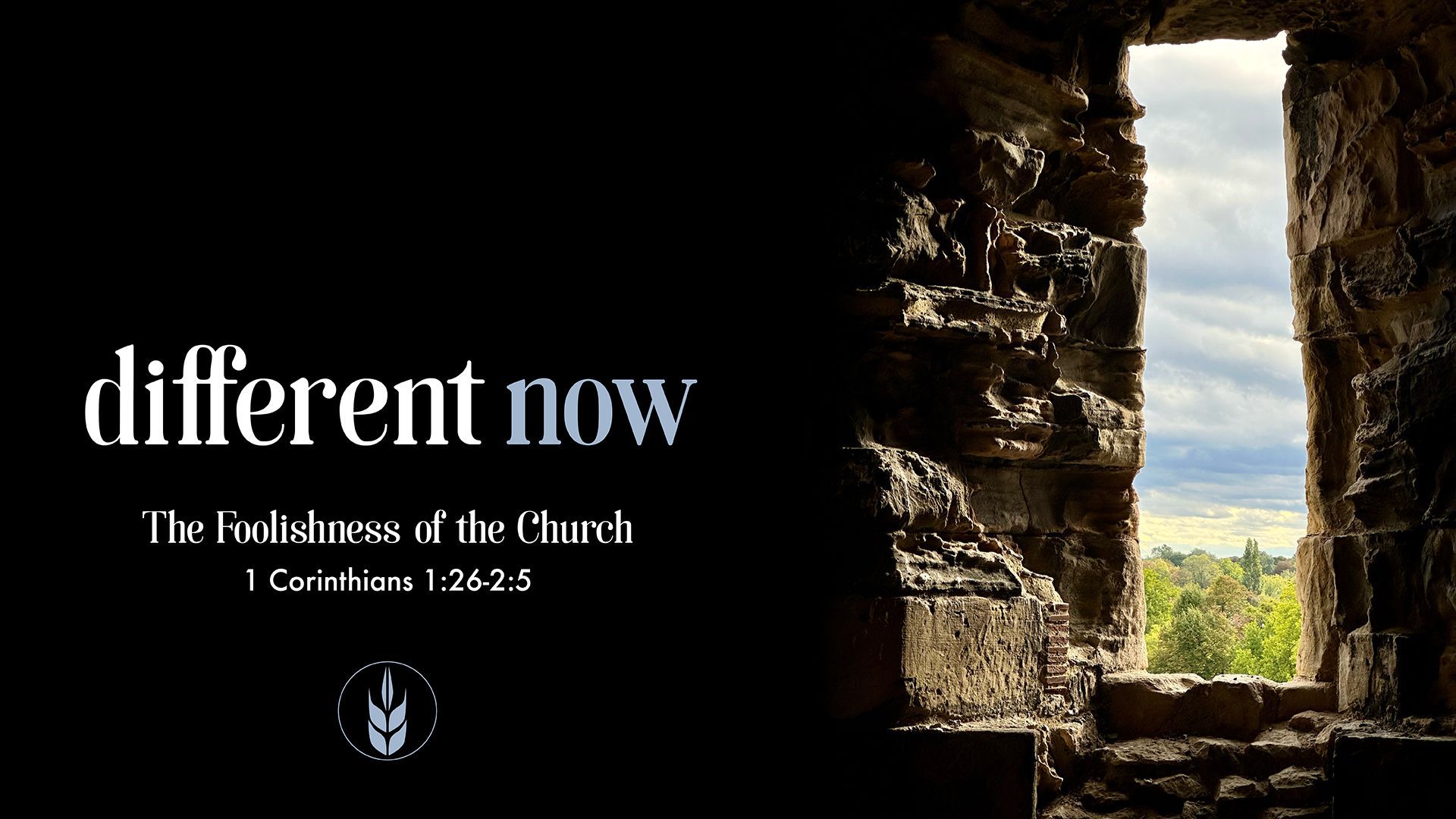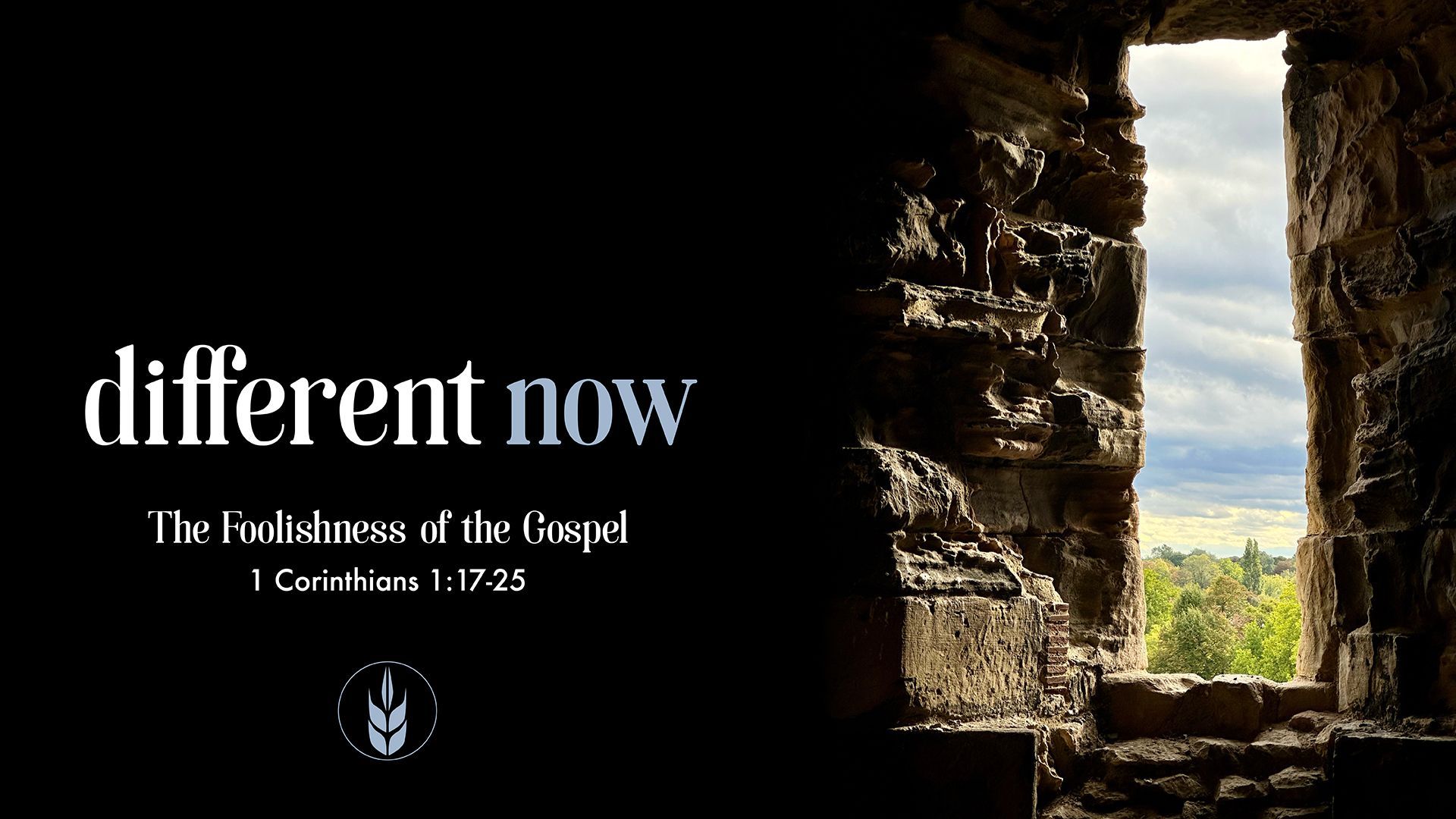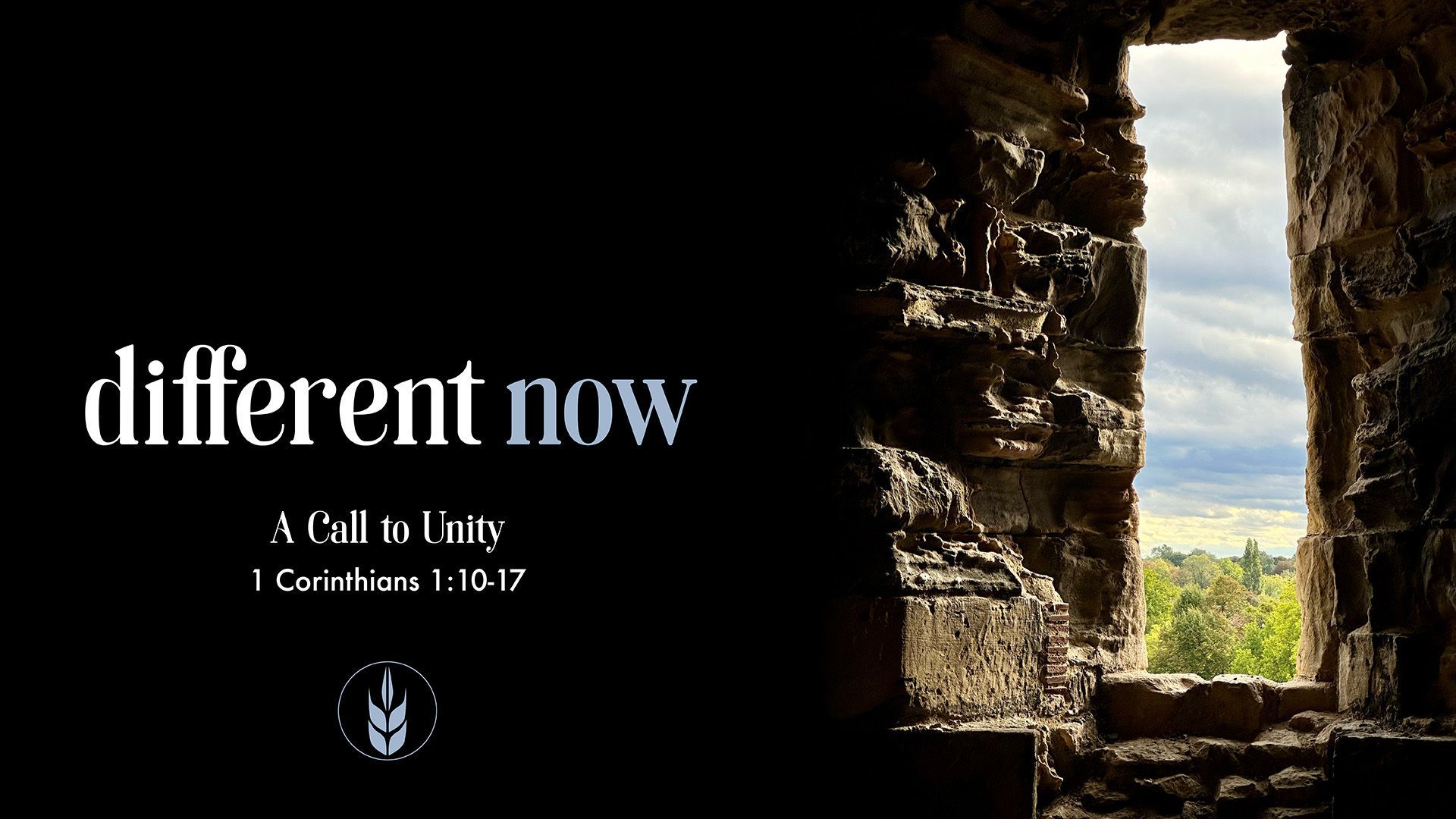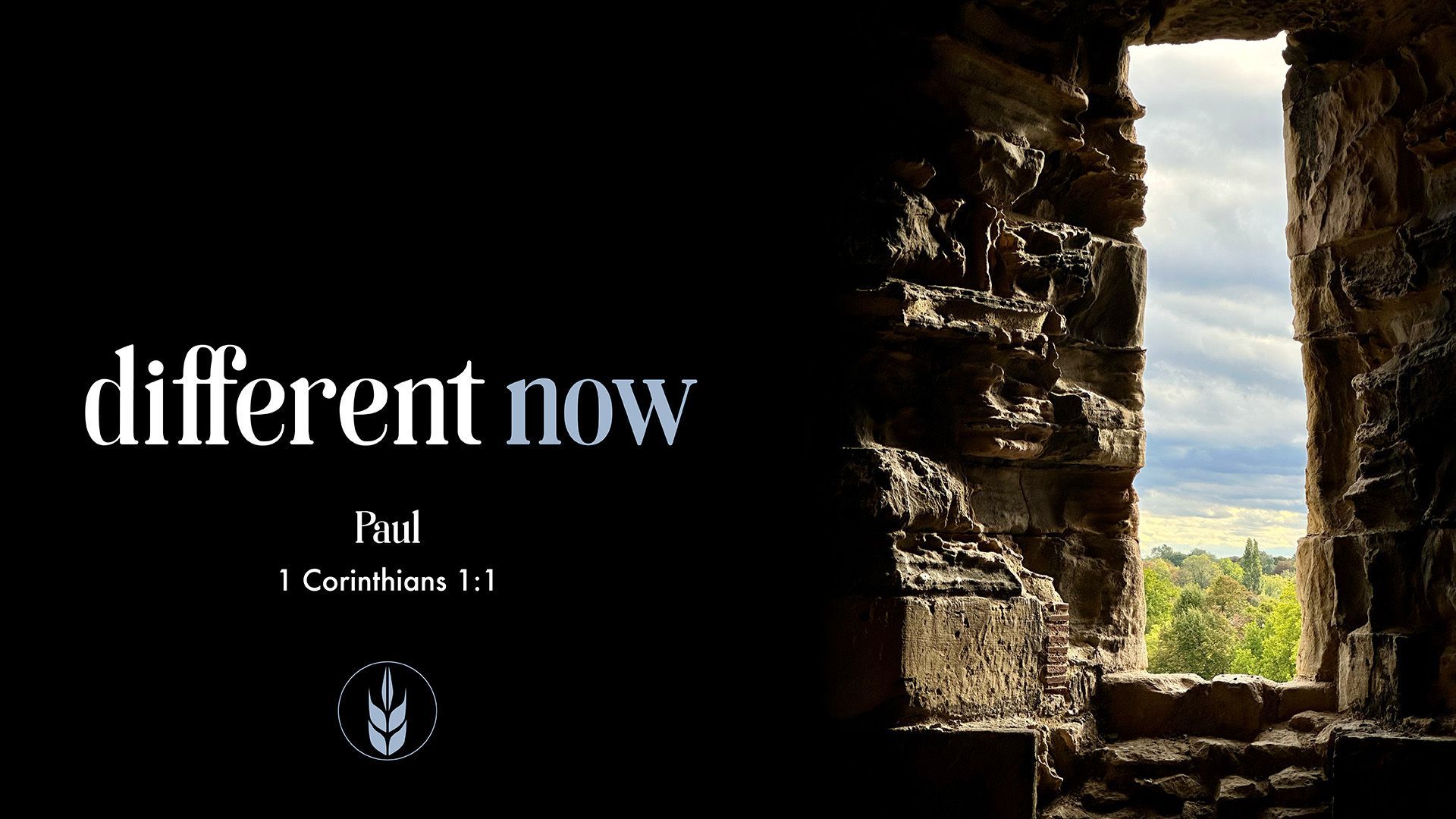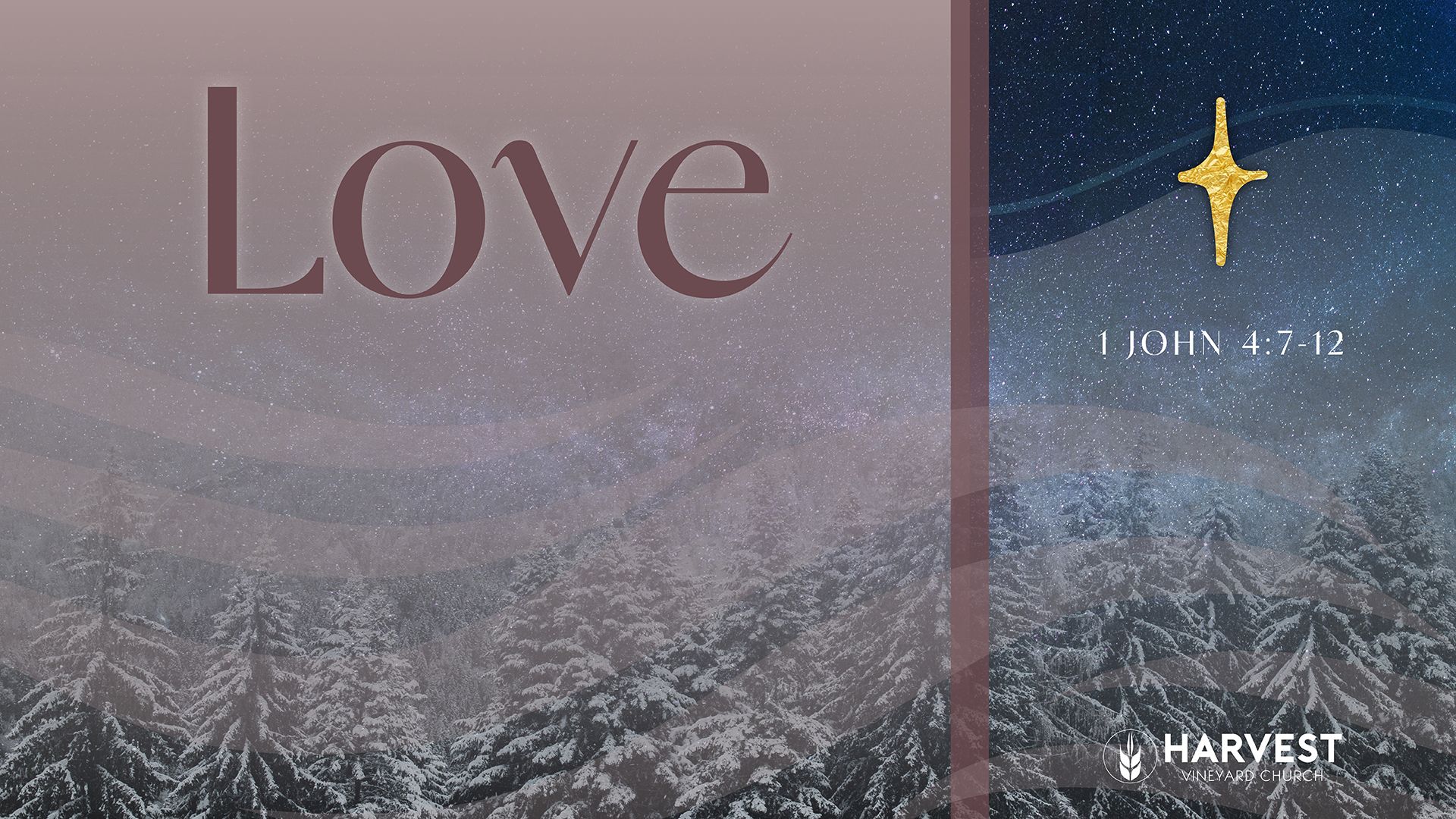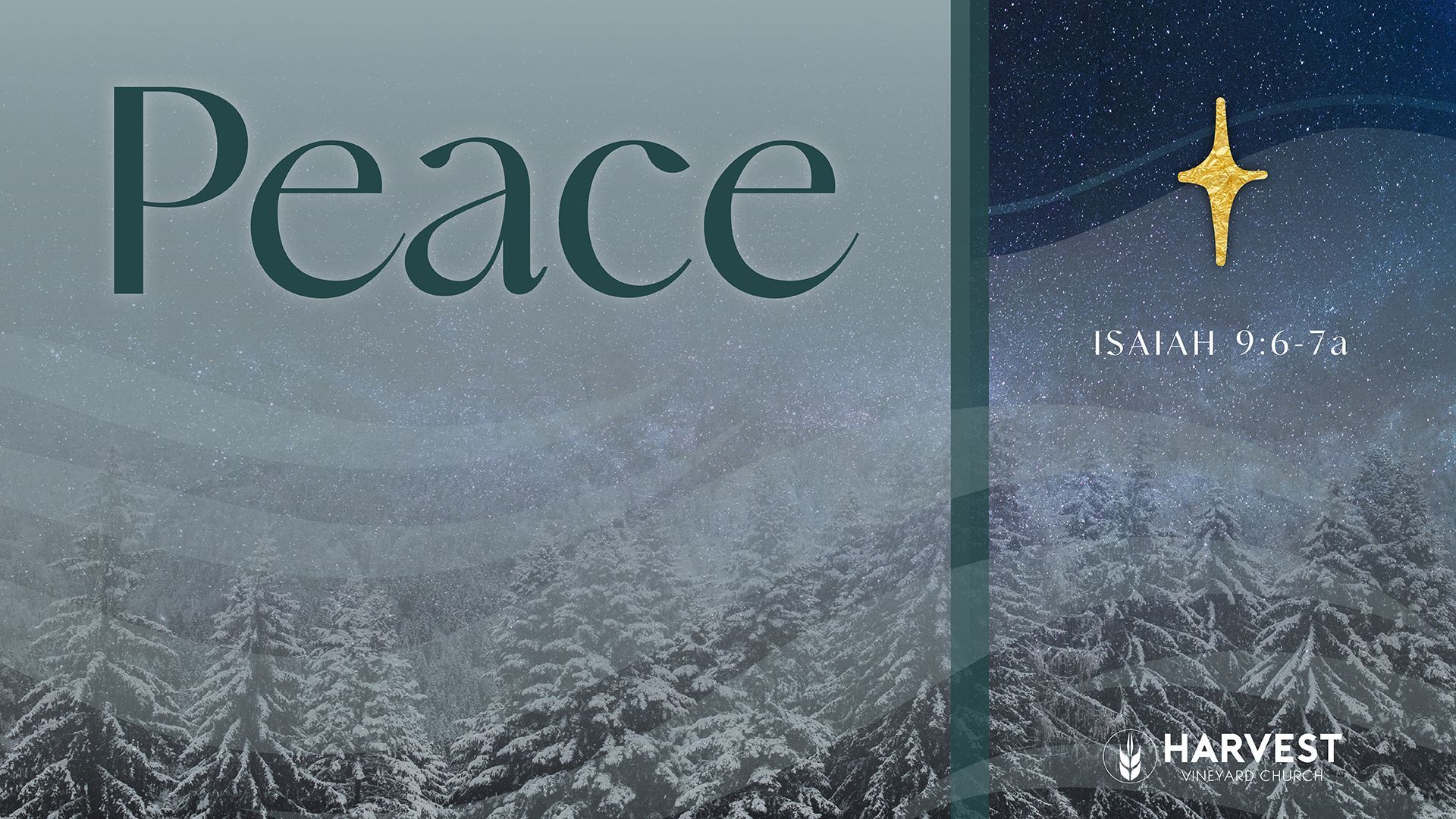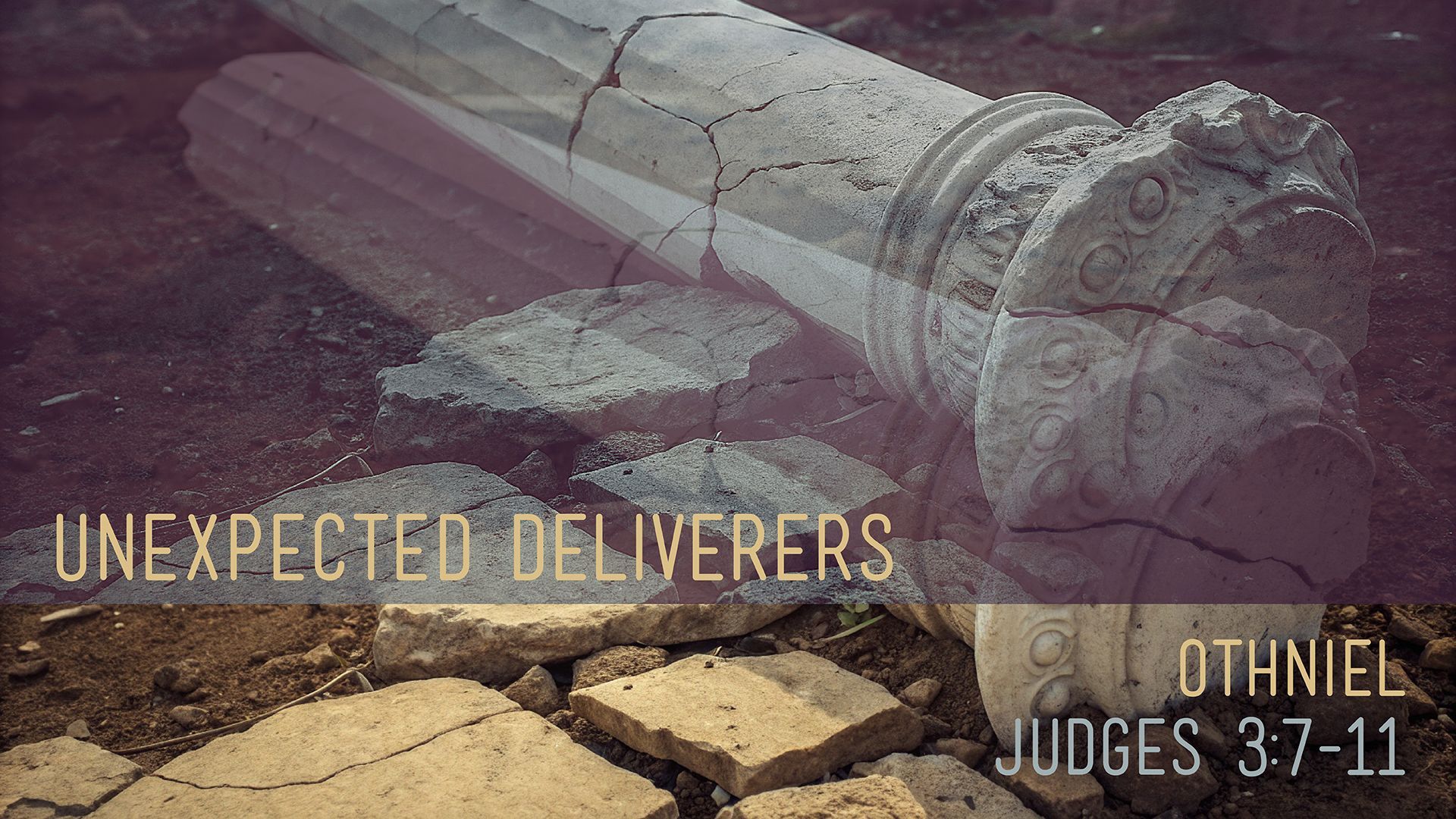
The Book of Judges: Unexpected Deliverers in Turbulent Times
In the annals of biblical history, few books are as raw, challenging, and thought-provoking as the Book of Judges. This account of Israel's tumultuous period between the conquest of Canaan and the establishment of the monarchy offers a stark portrayal of human nature, divine judgment, and unexpected redemption.
Judges is not a book for the faint of heart. It's a narrative filled with violence, moral decay, and cycles of sin and deliverance. Yet, within its pages, we find profound lessons about God's patience, humanity's propensity for forgetfulness, and the hope that persists even in the darkest of times.
The book opens in the aftermath of Joshua's death. The Israelites, having settled in the Promised Land, face the daunting task of driving out the remaining Canaanites. However, their failure to complete this mission sets the stage for a recurring pattern that defines the entire book:
1. Sin: The Israelites forget God and turn to idolatry.
2. Oppression: God allows foreign nations to subjugate Israel.
3. Repentance: In their distress, the people cry out to God.
4. Deliverance: God raises up a judge to save them.
5. Peace: A period of relative calm follows.
This cycle repeats itself throughout Judges, each iteration revealing the deepening moral and spiritual crisis of the nation.
Reconciling the Violence in Judges with the God of Love
One of the most challenging aspects of Judges for modern readers is its depiction of violence, particularly in the conquest narratives. How do we reconcile these accounts with the God of love revealed in Jesus Christ? While there are no easy answers, several considerations can help us approach these difficult passages:
1. The conquest was not directed against an ethnic group but against God's enemies.
2. It was not aimed at the repentant; there was always a way out for those who turned to God.
3. The judgment was against particularly wicked practices, including child sacrifice and extreme sexual perversion.
4. God's patience had extended over 400 years before judgment came.
It's crucial to remember that these events were specific to their time and context. They are not prescriptive for future generations or a model for holy war. In fact, the New Testament presents a radical shift in how God's people are to engage with the world. Instead of fighting flesh-and-blood enemies, we are called to battle spiritual forces with spiritual weapons: preaching the gospel, healing the sick, caring for the poor, and embodying Christ's love.
The Story of Othniel: A Case Study in the Cycle of Judges
The story of the first judge, Othniel, illustrates the cycle of sin and deliverance. After the Israelites forgot God and served the Baals and Asherahs (Canaanite deities associated with fertility cults and child sacrifice), God allowed them to be oppressed by a foreign king for eight years. When they cried out to God, He raised up Othniel as a deliverer. Empowered by the Spirit of the Lord, Othniel led Israel to victory and ushered in 40 years of peace.
This account highlights a crucial theme in Judges: the danger of forgetting. Throughout Scripture, forgetting is linked to sin, while remembering is associated with worship. Psalm 103 exhorts us, "Praise the Lord, my soul, and forget not all his benefits." When we forget who God is, what He has done, and who we are in relation to Him, we become susceptible to idolatry and moral compromise.
The Idols of Our Modern Age
In our modern context, we may not bow before Baal or Asherah, but we face countless idols vying for our allegiance: consumerism, individualism, pleasure, power, and more. Like the Israelites, we are prone to forget God's goodness and turn to false sources of security and fulfillment.
The book of Judges reminds us of the importance of intentional remembrance. This is why practices like gathering for worship, singing praises, studying Scripture, and partaking in communion are so vital. They help us remember who God is and who we are called to be.
Divine Discipline and the Hope of Redemption
Another sobering lesson from Judges is the reality of divine discipline. God's judgment on Israel was not merely punitive; it was designed to bring them back to Himself. When we stray from God's path, we may experience the painful consequences of our choices. Yet even in discipline, God's ultimate purpose is redemptive.
As we read Judges, we're confronted with the depths of human depravity and the heights of divine mercy. The judges themselves become increasingly flawed as the book progresses, culminating in the tragic figure of Samson. Yet even through these imperfect and often morally compromised leaders, God works to deliver His people.
Pointing to the Ultimate Judge and Deliverer
This paradox points us to the ultimate Judge and Deliverer, Jesus Christ. Unlike the temporary saviors in Judges, Jesus offers permanent deliverance from sin and death. He doesn't merely rescue us from external oppressors but transforms us from within.
The book of Judges serves as a warning and an invitation. It warns us of the consequences of forgetting God and compromising with the values of the surrounding culture. But it also invites us to turn to God in repentance, to cry out for deliverance, and to remember His faithfulness.
Reflecting on the Lessons of Judges
As we reflect on this challenging book, let's ask ourselves:
- Are there areas in our lives where we've forgotten God's goodness and turned to modern-day idols?
- How can we cultivate practices of remembrance that keep us anchored in God's truth?
- In what ways might God be calling us to be "deliverers" in our own contexts, pointing others to the ultimate Deliverer, Jesus Christ?
The book of Judges, with all its brutality and moral ambiguity, ultimately underscores our desperate need for a Savior. It reminds us that human leaders will always fall short, that our own righteousness is insufficient, and that true deliverance can only come from God Himself.
In a world that often feels as chaotic and morally adrift as the time of the Judges, may we cling to the hope found in Christ, remember God's faithfulness, and live as beacons of His light and love.
Hit play to listen to the sermon this blog is based on
At Harvest Vineyard, we believe we are better together, in community. We're glad you're here.
ENCOUNTER CHRIST.
EXPERIENCE COMMUNITY.
LOVE THE WORLD.
We believe that experiencing the love and mercy of God is more effective in bringing change to people's lives than rules, guilt, and condemnation. We have attempted to make our community a place where people can come as they are and still experience love and mercy. At the same time, we desire to learn and apply the truth of God to our lives and learn how to speak truth to one another.



